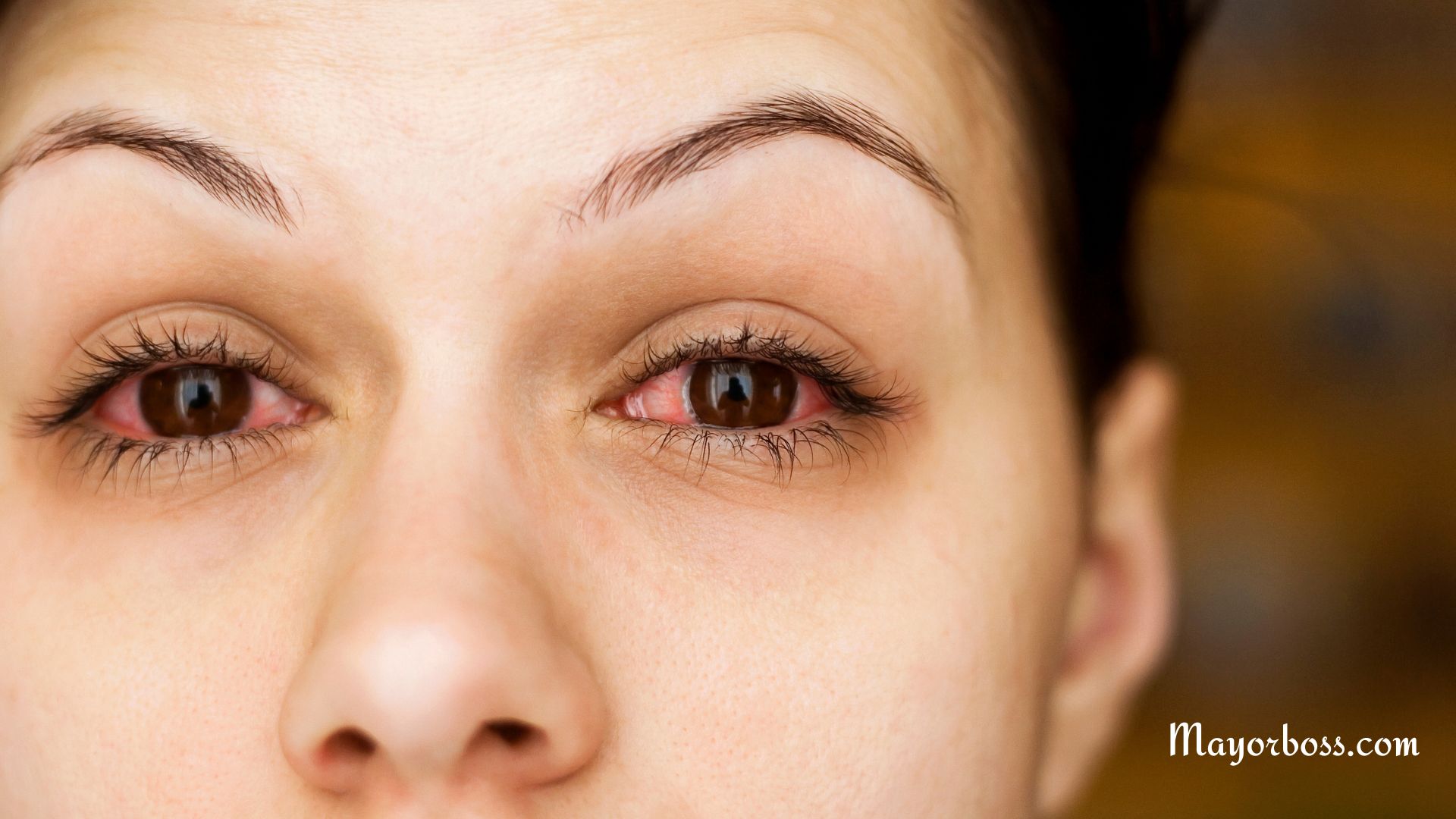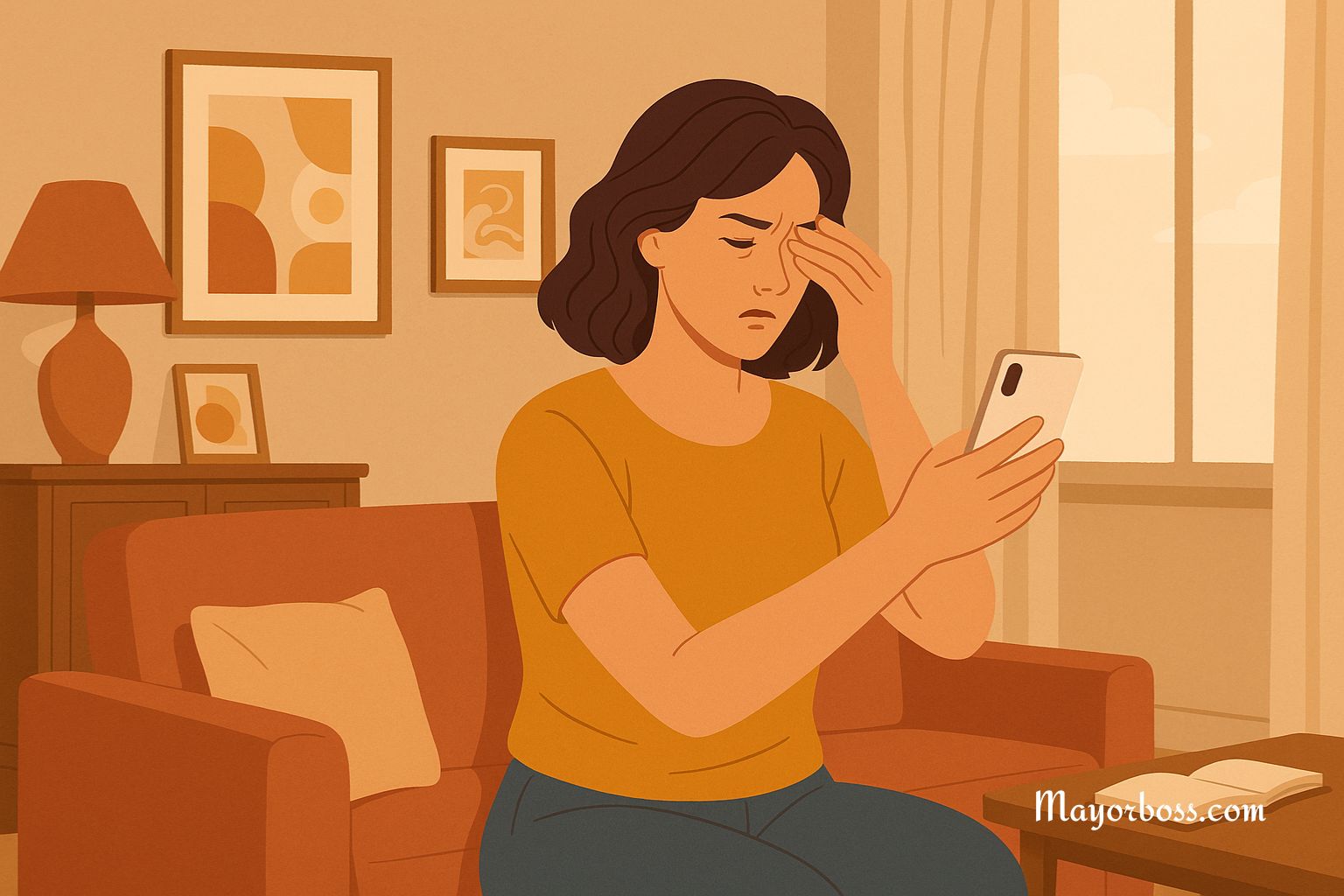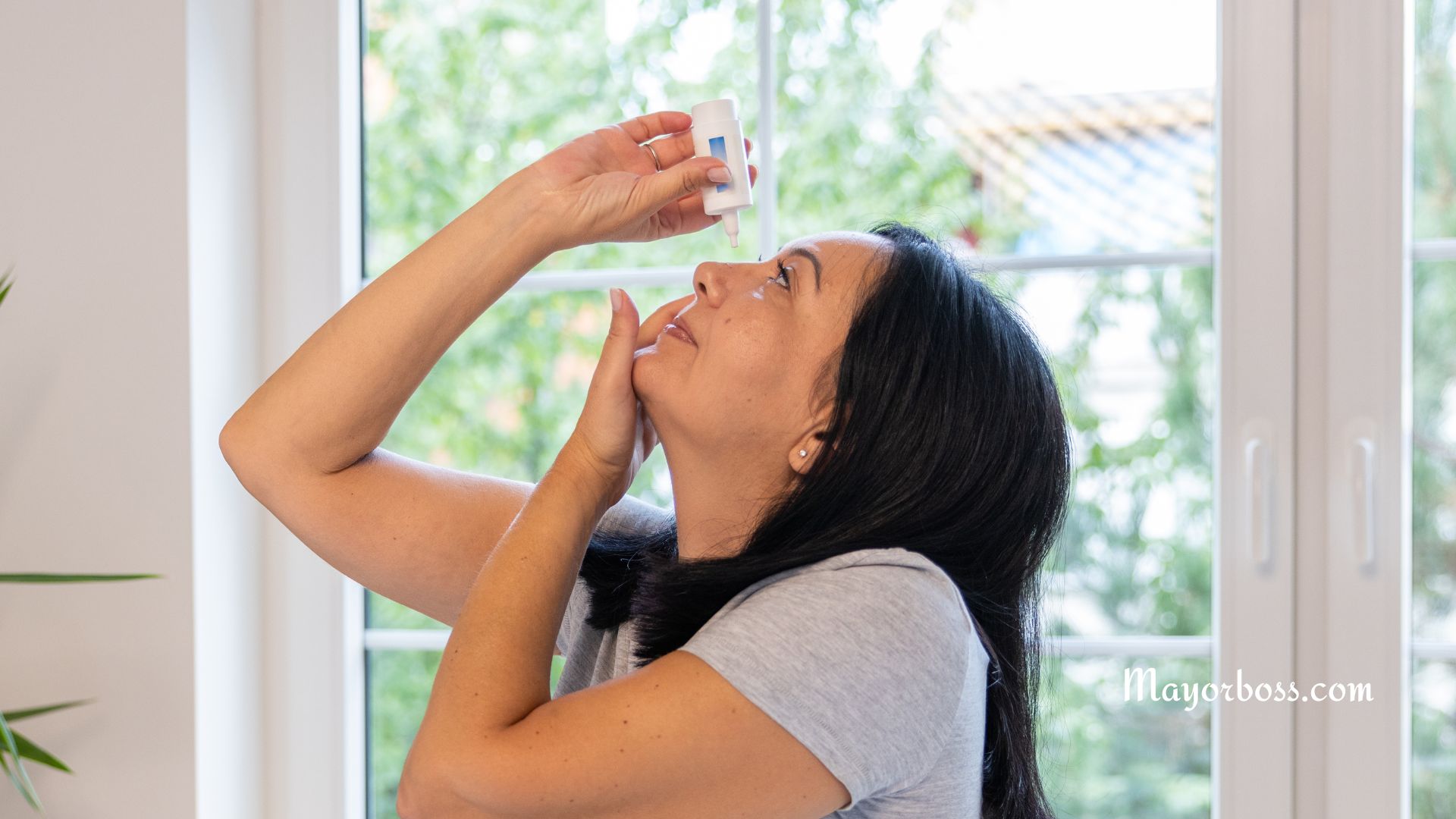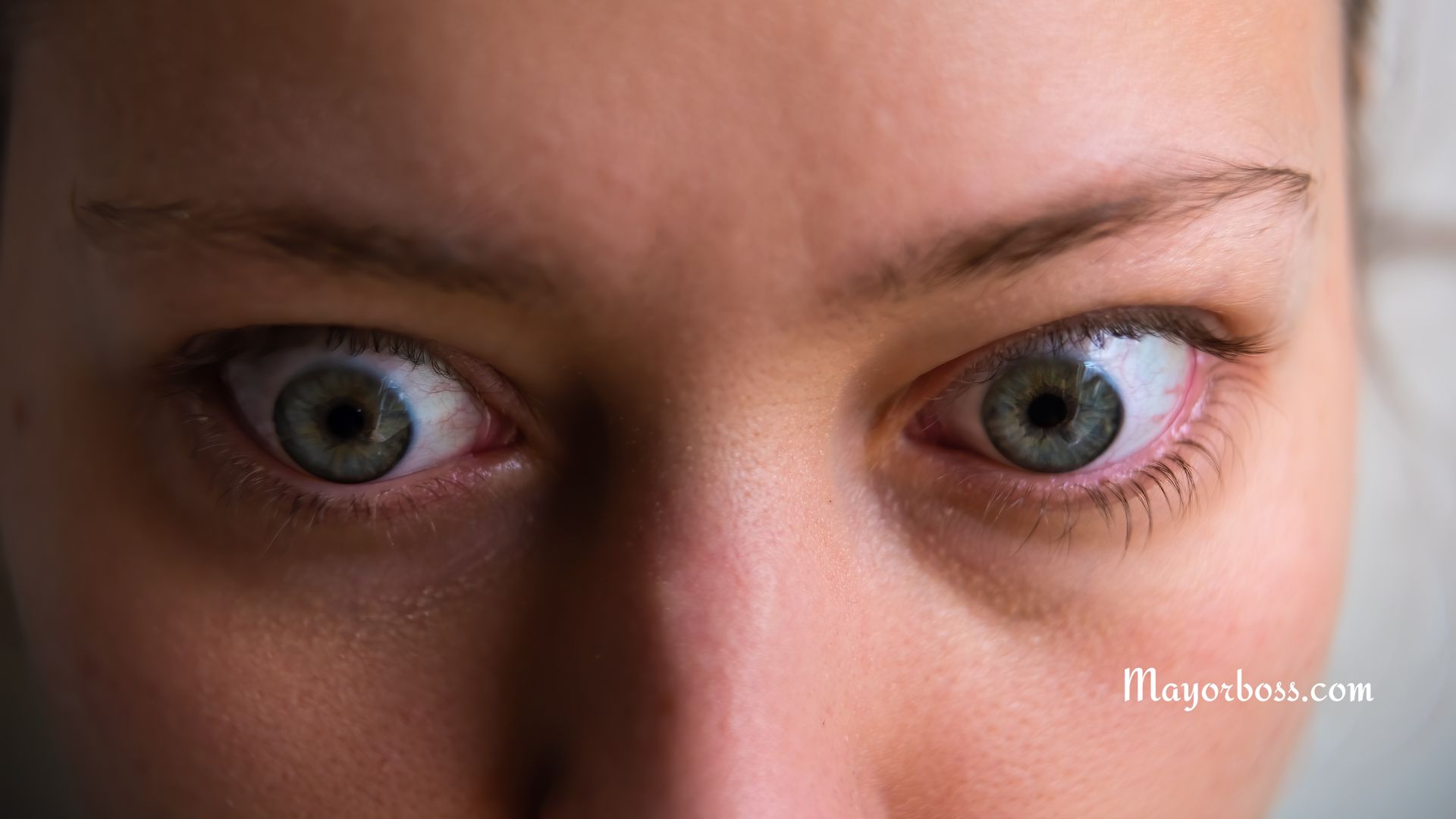Dry Eyes: Causes and Treatment
Dry eyes can be a real drag, making you feel uncomfortable and even affecting your vision. This condition can be due to a variety of factors, such as environmental conditions, medical issues, or lifestyle habits. Solutions range from simple home remedies to medical treatments. Below, we’ll explore what causes dry eyes and how to manage them effectively.
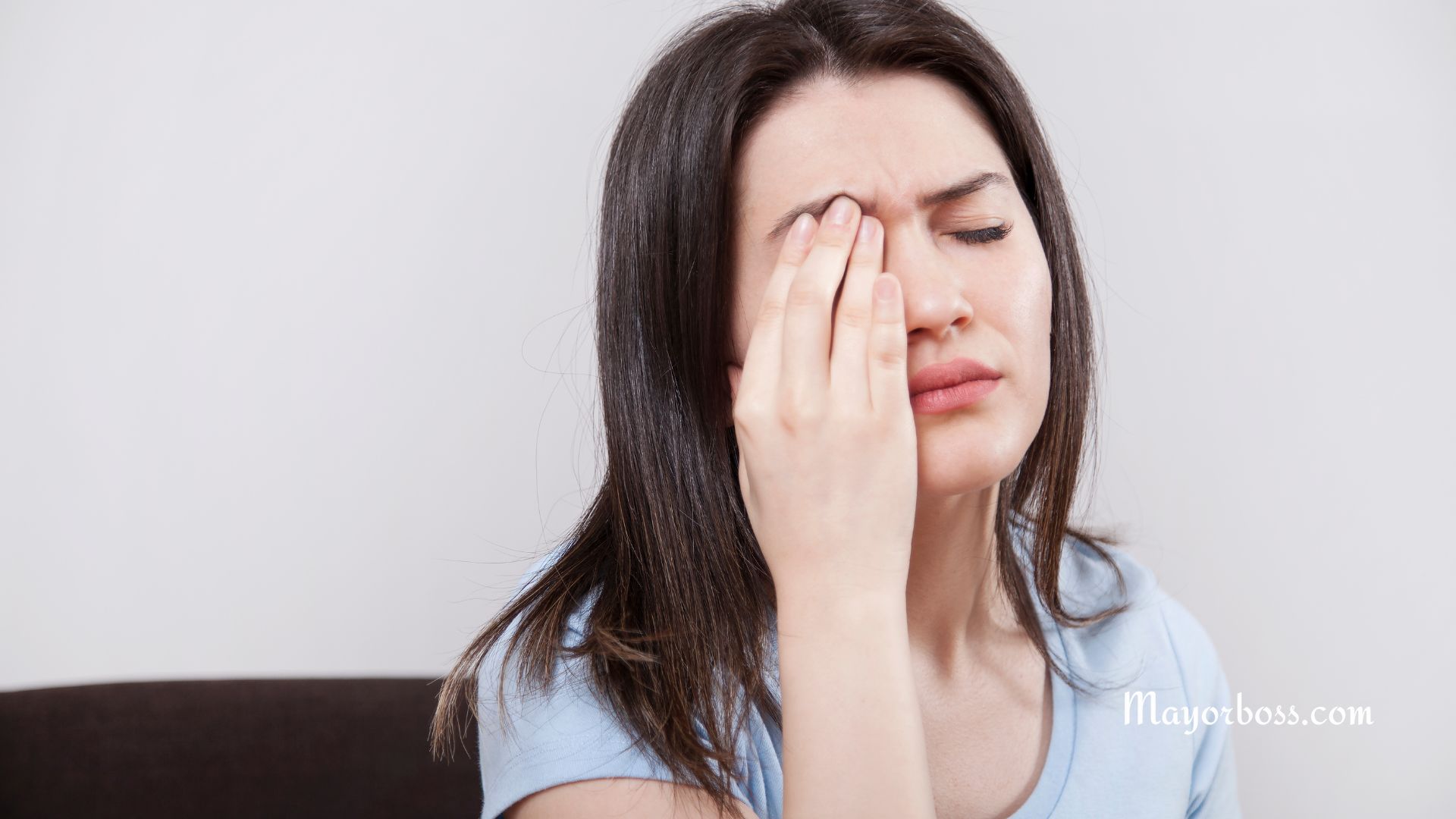
What Are Dry Eyes?
When you blink, a film of tears spreads over your eye to keep it moist and remove dust and debris. Dry eyes occur when your tear glands can’t produce enough tears or produce poor-quality tears. This can make your eyes feel scratchy, irritated, and, ironically, watery at times.
Why Do You Get Dry Eyes?
Environmental Conditions
Believe it or not, your surroundings play a big role. Dry climates, wind, and even air conditioning can evaporate tears from your eyes. During winter, the heat indoors can also dry out your eyes. If you’re spending too much time in such environments, consider using a humidifier to add moisture to the air.
Medications
Certain medications, like antihistamines for allergies or blood pressure drugs, can reduce tear production. If you suspect your medication is the culprit, consult your healthcare provider for an alternative.
Age and Gender
As you grow older, your body naturally produces fewer tears. Also, hormonal changes, especially in women during menopause, can lower tear production.
Medical Conditions
In people with conditions like rheumatoid arthritis, diabetes, and thyroid problems, dry eyes can be a common symptom. Even long-term contact lens wear can be a factor.
Screen Time
If you’re staring at screens all day, you blink less often, which can contribute to dry eyes. Make sure to take regular breaks using the 20-20-20 rule: look away from the screen every 20 minutes and gaze at something 20 feet away for at least 20 seconds.
How Can You Treat Dry Eyes?
Over-the-Counter Solutions
Examples of readily available treatments include artificial tears, moisturizing gels, and ointments. These can temporarily relieve dryness but won’t solve the underlying issue.
Prescription Medication
Your doctor may prescribe eye drops that help your eyes produce more tears. In some cases, medications like cyclosporine (Restasis) or lifitegrast (Xiidra) may be recommended to reduce inflammation.
Lifestyle Changes
According to the National Eye Institute, simple changes can make a big difference. For instance, wearing sunglasses can protect your eyes from wind and sun. Avoid smoke, wind, and air conditioning, and get enough sleep. Also, drinking more water can help not just your body but also your eyes to stay hydrated.
Surgical Options
In severe cases, your doctor might suggest surgical treatments. These could include closing your tear ducts to reduce tear loss or even special contact lenses that lock in moisture.
How to Prevent Dry Eyes?
Proper Hydration
Drinking enough water is a simple yet effective preventative measure. Aim for at least 8 cups of water a day to keep your body and eyes hydrated.
Balanced Diet
Omega-3 fatty acids found in fish like salmon can help improve tear quality. Likewise, a diet rich in fruits and vegetables can offer vitamins that benefit eye health.
Environment Control
If you can, try to control the humidity levels in your home or office. As mentioned earlier, a humidifier can be a great addition.
Blink Regularly
This may sound too simple, but blinking more often, especially while using electronic devices, can help maintain a healthy tear film on your eyes.
Frequently Asked Questions
What Are the Symptoms of Dry Eyes?
If you’re experiencing dry eyes, you might notice a stinging or burning sensation. Your eyes may also feel gritty as if there’s something in them. Surprisingly, you might find that your eyes tear up more than usual. This is because your eyes are trying to combat the dryness. You may also experience blurred vision or eye fatigue, especially after reading or using a computer for extended periods.
Can Dry Eyes Lead to More Serious Conditions?
Generally, dry eyes are more of a nuisance than a serious health risk. However, if left untreated, they can result in complications. For instance, frequent eye dryness can cause tiny abrasions on the surface of your eyes. Over time, this could lead to more severe issues like corneal ulcers. Therefore, if you’re experiencing persistent symptoms, it’s wise to consult an eye doctor.
Are There Any Natural Remedies for Dry Eyes?
Absolutely, there are several natural remedies you can try. For starters, applying a warm compress to your eyes can help stimulate your glands to produce more tears. Secondly, Omega-3 fatty acids found in foods like salmon and flaxseeds can improve the quality of your tears. Add most importantly, you can practice eye exercises, like blinking more frequently, to help distribute tears evenly across your eyes.
How Are Dry Eyes Diagnosed?
If you’re dealing with persistent dry eyes, your eye doctor may perform a series of tests. These could include a tear break-up time test, which measures how long it takes for your tears to evaporate, or a Schirmer test to measure tear production. Your doctor might also use special eye drops to make issues like inflammation easier to detect.
Can Lifestyle Changes Really Help Dry Eyes?
You bet! Small changes can make a big impact. For example, if you’re frequently in an air-conditioned room, try stepping outside for a few minutes every hour to give your eyes a break. Similarly, if you work on a computer all day, make sure to look away from the screen at regular intervals. This helps redistribute the tear film on your eyes, reducing dryness. Staying hydrated and eating a balanced diet can also go a long way in maintaining eye health.
Further Reading: 5 Warning Signs of Dry Macular Degeneration That You Shouldn’t Ignore

